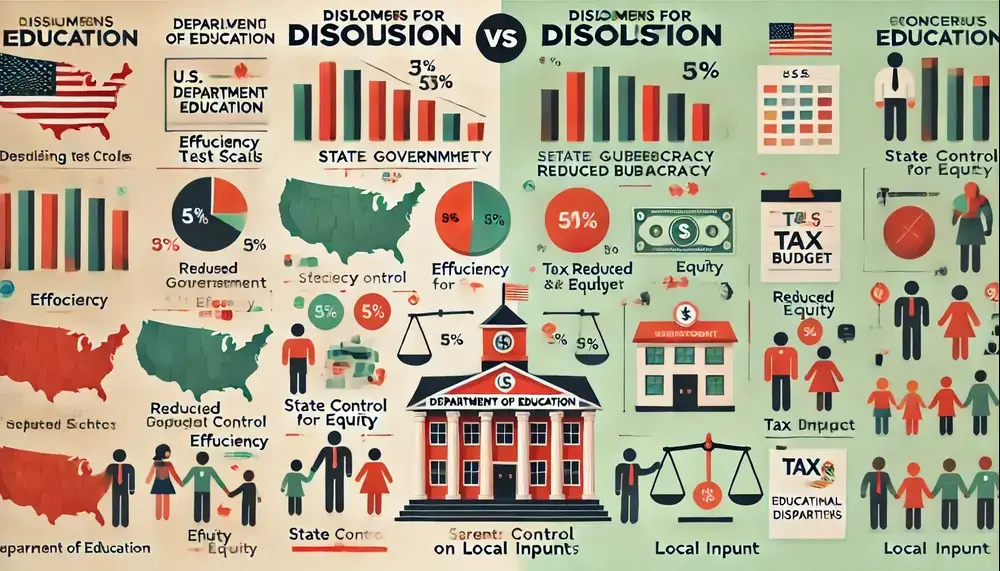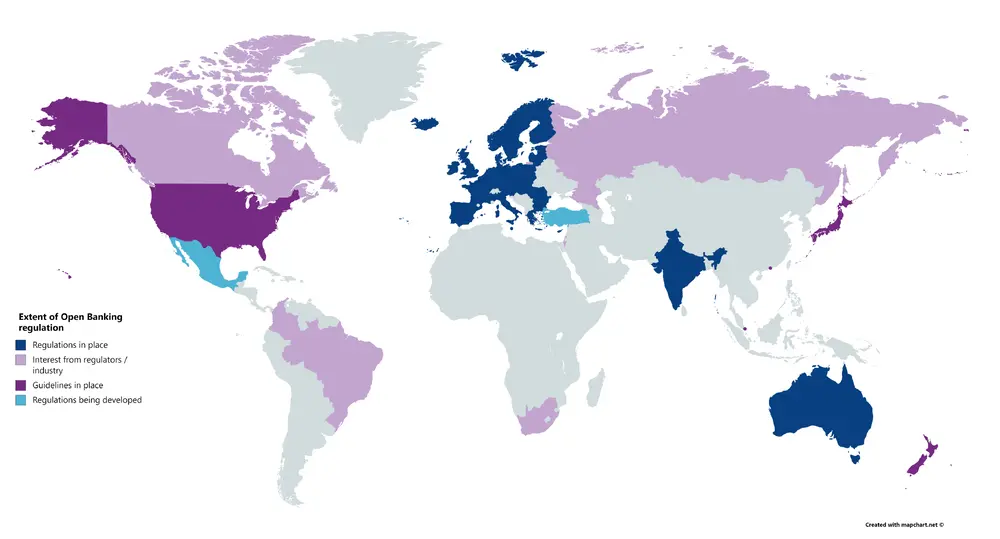
The news of the Department of Education’s potential dissolution has sparked wide-ranging reactions and debate. Established in 1979, the U.S. Department of Education (DOE) oversees policies and programs affecting K-12 and higher education, with a significant portion of its budget allocated to grants and financial aid. However, critics argue that despite the DOE’s budget of over $80 billion, student performance metrics in the U.S. have stagnated or even declined. Proponents of its elimination claim that devolving power to the states will reduce bureaucratic oversight and promote tailored educational practices, while others express concerns about potential impacts on educational equity and quality. In this analysis, we’ll explore the arguments for and against the DOE’s dissolution, its budgetary implications, and the role state governments could play in a decentralized educational system.


